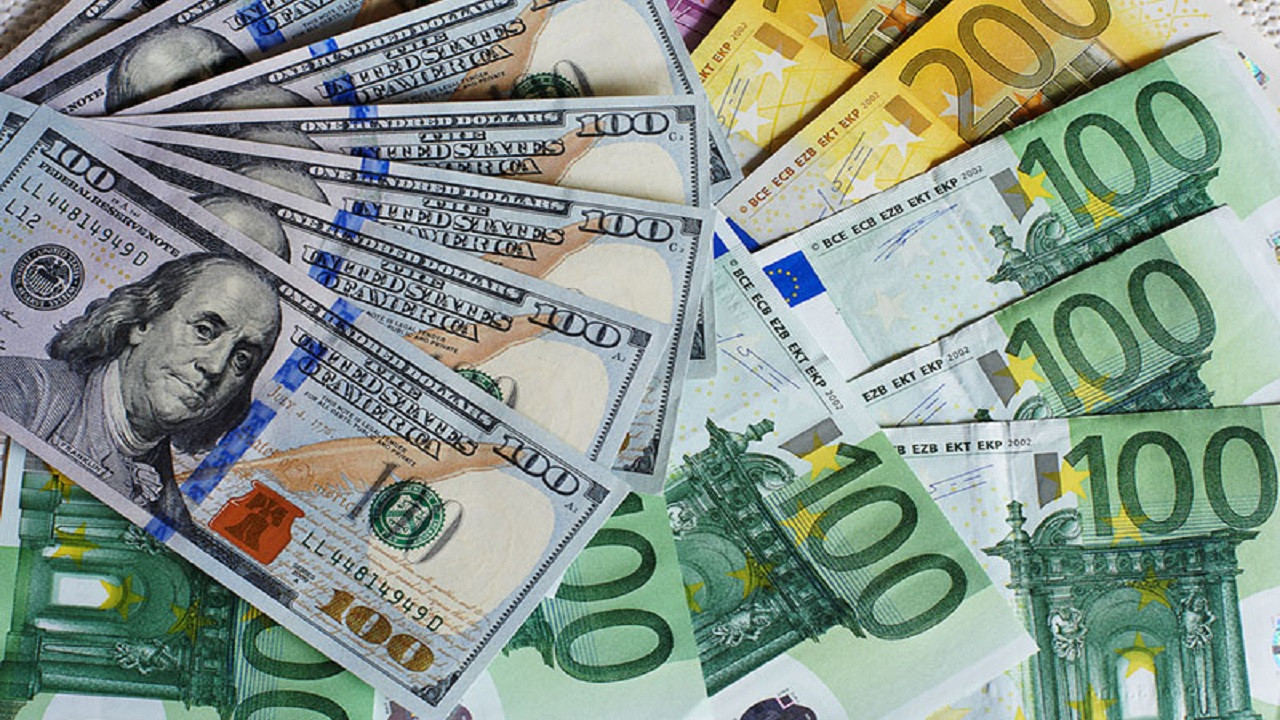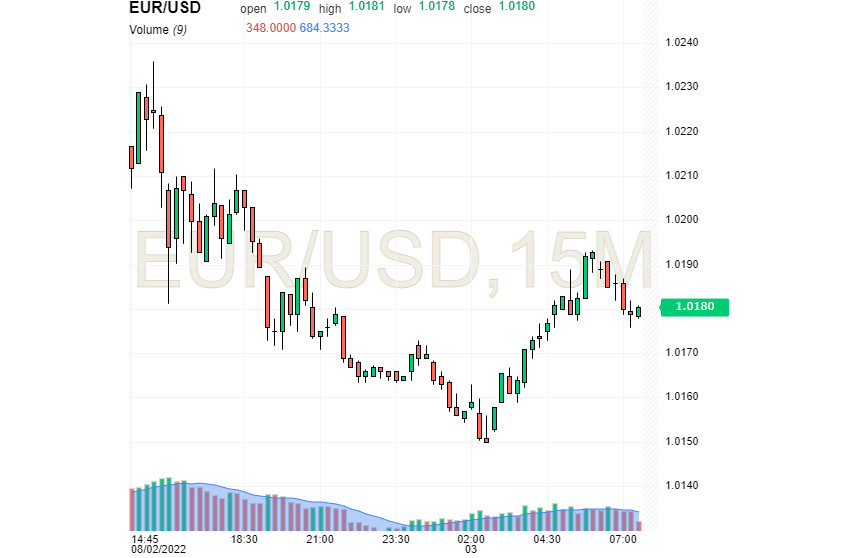
The US currency confidently defends its position, pushing aside its European competitor. At the same time, the euro, remembering the recent rise, is trying to catch up. However, the Fed rate hike and investor interest is on the dollar's side, so the euro has little chance of rising.
The euro fell against the dollar at the beginning of this week, correcting after updating the peak mark of 1.0300. In the future, the EUR/USD pair tested the support level of 1.0250, demonstrating the euro's decline amid concerns about a recession in the eurozone.
Currency strategists of the largest bank Goldman Sachs pay special attention to the issue of the onset of recession in the euro bloc countries. The bank expects a "difficult winter" for the European economy, which will inevitably slide into recession. According to the bank's analysts, such a situation will keep the EUR/USD pair near parity. Goldman Sachs currency strategists are somewhat pessimistic about the near-term prospects of the euro, recalling that the latter has been declining against the greenback since May 2021.
Against this background, the US currency is showing steady growth, remaining at a high level after a sharp rise over the past three weeks. The reason is the intention of the Federal Reserve representatives to raise interest rates in the near future. The EUR/USD pair was trading at 1.0180 on the morning of Wednesday, August 3, trying to return to the previous high values.

Experts recorded the greenback's growth along with the yield of US government bonds after statements by the Fed leadership about the possibility of another rate hike at the next meetings. Recall that the greenback began a cyclical rally in May 2021. At this time, the markets realized that the Fed would begin to wind down the quantitative easing (QE) program and raise interest rates in the near future. The US currency was also supported by the leakage of dollar liquidity associated with the rise in rates.
At the moment, market participants are afraid of the deterioration of the situation in the eurozone, based on recent economic reports from the region. Confirmation of the deterioration of the economic situation in the EU countries is the slowdown in the growth of the European economy. According to reports, this indicator decreased from 5.4% to 4% in July. At the same time, the consumer price index in the eurozone increased from 8.6% to 8.9%, and the base value of inflation – from 3.7% to 4%.
The driver of European inflation is high prices for energy, food and services, experts emphasize. Against this background, the June index of business activity in the EU manufacturing sector fell to 49.8 points from the previous 52.1 points and headed into the stagnation zone. According to analysts, this is a clear sign of an approaching recession.
Market participants fear that disappointing macro statistics will not allow the European Central Bank to continue tightening monetary policy. According to JP Morgan analysts, in September the ECB will decide on a one-time rate hike (by 50 bp). As a result, the interest rate will increase to 1%, after which the ECB will take a pause.
The current situation is relatively favorable for bears on the European currency, who benefit from the dissonance in the monetary strategies of the ECB and the Fed. Investors' interest in the dollar as a protective asset provides some support to euro bears. However, the overall background remains uncertain, since the American economy was in recession in the first six months of 2022. According to experts, a similar fate will befall the European economy. Negative factors for the latter are the long-term energy crisis associated with gas supplies to Europe, as well as concerns about the upcoming autumn-winter season. Experts admit that at this time Europe will be gripped by a recession. Against this background, currency strategists recommend sticking to short positions on the EUR/USD pair.
 English
English 
 Русский
Русский Bahasa Indonesia
Bahasa Indonesia Bahasa Malay
Bahasa Malay ไทย
ไทย Español
Español Deutsch
Deutsch Български
Български Français
Français Tiếng Việt
Tiếng Việt 中文
中文 বাংলা
বাংলা हिन्दी
हिन्दी Čeština
Čeština Українська
Українська Română
Română

